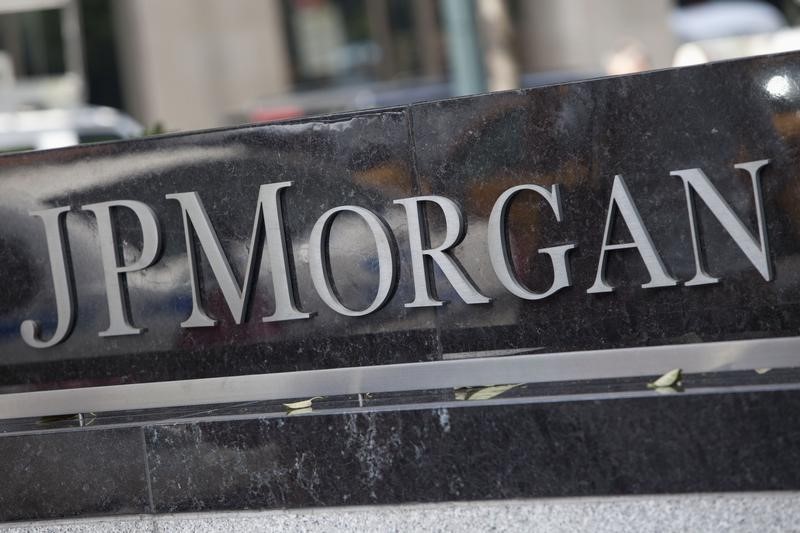(Bloomberg) -- Volatility in stocks and bonds has ebbed to levels that could boost markets rather than fuel more turbulence, according to JPMorgan Chase (NYSE:JPM) & Co.
Price swings are getting muted as central banks and governments around the world provide unprecedented packages of stimulus to cushion the economic hit from Covid-19. That’s improving conditions in funding markets, market liquidity and deleveraging by value-at-risk sensitive investors -- three key areas for volatility -- according to strategists led by Nikolaos Panigirtzoglou.
“Following the deterioration in market functioning and liquidity in March, with liquidity conditions in some markets worse than during the financial crisis, there are some tentative signs of improvement in liquidity across asset classes,” Panigirtzoglou wrote. The normalization of volatility is reversing “previous negative feedback loops.”
The Cboe Volatility Index, or VIX, closed below 40 on Tuesday after having surged as high as 85 during the most chaotic period last month. The ICE (NYSE:ICE) BofA MOVE Index, which measures swings in Treasury options, was just below 70 on Tuesday after having soared above 160 on March 9.
Read more on risk-parity funds edging back into markets
The drop since the end of March has reversed around half of risk-parity funds’ previous selling of around $90 billion in bonds, about $30 billion in equities and $30 billion in commodities, JPMorgan said.
U.S. high-grade domestic corporate bond issuance rose in March to over $190 billion, more than twice its previous high over the past two decades, and the re-opening of the primary market for high-yield corporate bonds is boosting expectations that the default cycle might be much less severe than in the prior recession. Market depth and liquidity are recovering as well, though at different paces in different asset classes, according to the report.
The drop in VIX to below its 50-day moving average has “usually led to shorter-term chop, but was typically a sign that the worst was over long-term,” Sundial Capital Research Inc. President Jason Goepfert wrote in a note Tuesday.
